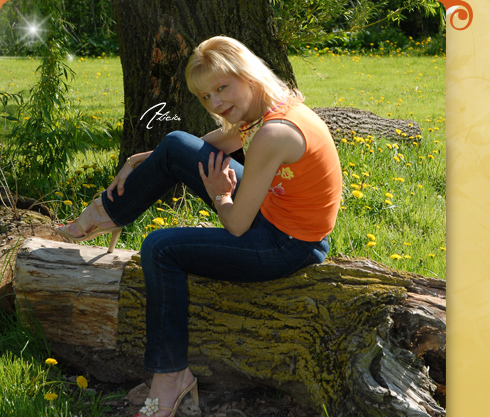From inside the significantly more than 20 years since the establish of commercial internet dating sites for example Match.com, internet dating has actually evolved into a multibillion-dollar market offering clientele internationally. A fresh Pew Studies heart study explores just how online dating sites and applications need altered just how People in the us satisfy and establish connections, and how the consumers of the treatments feel about online dating sites.
Here are 10 insights through the study, and that is based on a study done among 4,860 U.S. people in October 2019:
1 Three-in-ten U.S. adults state they have ever utilized a dating site or software, but this varies considerably by age and sexual direction. While 48percent of 18- to 29-year-olds state have actually ever utilized a dating webpages or software, the share is 38per cent among those ages 29 to 49 plus lower pertaining to anyone 50 and older (16percent). At the same time, private activities with internet dating greatly differ by sexual positioning. Lesbian, gay or bisexual (LGB) adults were roughly two times as likely as those who are directly to state they previously utilized a dating platform (55per cent vs. 28per cent).
2 limited display of Americans say they have been in a loyal union with or hitched some body they found through a dating site or software. About one-in-ten U.S. adults state this (12%), though these companies become greater among LGB people, plus those years 18 to 49.
Pew analysis middle has very long learnt the modifying characteristics of romantic interactions while the part of electronic technologies in exactly how everyone satisfy prospective couples and navigate web-based matchmaking platforms. This kind of report is targeted on the patterns, activities and perceptions connected with online dating sites in America. These results are based on a survey carried out Oct. 16  to 28, 2019, among 4,860 U.S. adults. This includes those people that took part as members of Pew Studies Center’s United states developments Panel (ATP), an online research section that’s employed through national, arbitrary sampling of residential details, in addition to respondents from Ipsos KnowledgePanel exactly who shown that they recognize as lesbian, homosexual or bisexual (LGB). The margin of sampling mistake for any full test was plus or minus 2.1 amount details.
to 28, 2019, among 4,860 U.S. adults. This includes those people that took part as members of Pew Studies Center’s United states developments Panel (ATP), an online research section that’s employed through national, arbitrary sampling of residential details, in addition to respondents from Ipsos KnowledgePanel exactly who shown that they recognize as lesbian, homosexual or bisexual (LGB). The margin of sampling mistake for any full test was plus or minus 2.1 amount details.
Recruiting ATP panelists by mobile or post means that most U.S. grownups have actually a chance of option. This gives united states self-esteem that any sample can represent the U.S. person society (read our very own means 101 explainer on haphazard sampling). To further make certain that each ATP review reflects a balanced cross-section from the country, the info become adjusted to fit the U.S. grown inhabitants by sex, race, ethnicity, partisan affiliation, education also kinds.
There are also the questions asked, therefore the responses anyone provided, within topline.
3 around six-in-ten on the web daters (57percent) state they have got a broad positive knowledge about these networks, such as 14% exactly who explain their experience as really good and 43% just who say it absolutely was somewhat good. A lot fewer users – though still about four-in-ten – explain their unique internet dating feel as about somewhat negative, including 9per cent whom describe it most unfavorable.
People’s tests of these internet dating activities differ generally by socioeconomic factors. Around six-in-ten internet based daters with a bachelor’s or advanced degree (63per cent) state her feel is very or notably good, compared to 47percent among those who’ve a higher class degree or less. The ranks on the web daters offer their unique overall skills don’t differ mathematically by sex or battle and ethnicity.
4 While on the web daters generally say their as a whole event was positive, additionally they mention some of the drawbacks of online dating sites. By a broad margin, People in america who possess made use of a dating website or app before season state her recent enjoy remaining them feeling additional disappointed (45per cent) than optimistic (28%).
Some other sentiments tend to be more uniformly balanced between negative and positive emotions. Some 35% of present or previous consumers say that in past times season internet dating made them feeling considerably cynical, while 29% state these networks kept them experiencing a lot more positive. Likewise, 32per cent state online dating sites or apps produced all of them become more confident, whereas 25per cent say it leftover them sense most insecure.
